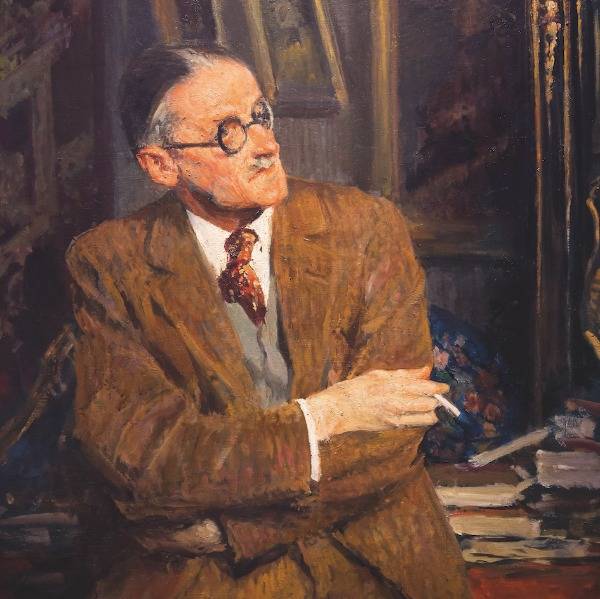
This article is a preview from the Spring 2015 edition of New Humanist. You can find out more and subscribe here.
Everyday Humanism (Equinox Publishing) by Dale McGowan and Anthony B. Pinn (eds)
How should a humanist live? Wary of religious dogma, humanists are often reluctant to talk about how one “ought” to live. Secularism, a reaction to the political dominance of this dogma, is focused on what the state shouldn’t do, on what people should be free to decide for themselves. This is surely good. Yet while it should be no business of the state, the question remains: how should a humanist live?
This is the challenge set to 12 humanist writers whose essays fill Everyday Humanism, a book that aims to go beyond the discussions of Meaning, the State and the Good (what the editors call “macro-ethics”) to more regular, down-to-earth and, well, everyday issues faced by humanists. The book’s contributors hail from a variety of backgrounds, from professors to chaplains to campaigners, and between them they try to paint a picture of how the everyday humanist should live.
That “everyday humanist” should have a sense of meaning in a meaningless universe, argues the first essay by Jennifer Michael Hecht, who accepts that “meaning” can be hard to define but “the feeling of meaning is sufficient to its definition”. They should be willing to work with religious people in pursuit of common social goals, argues Chris Stedman, humanist chaplain at Yale University, and aspire to not only secular but also socially progressive politics, in the view of the British Humanist Association’s Andrew Copson.
Two essays focus on death, one from an Ethical Culture leader who reflects on the funerals she conducts, including her own father’s, and another from a hospital chaplain who talks about pain in dying, and the increasing importance of informing doctors and family members whether to prolong your life when you are unable to communicate with them. An excellent essay from one of the book’s editors reflects on charity and how humanists might “do” it differently to religious people, emphasising that “good” is done not for the sake of a higher being or an entrance ticket to the afterlife but wholly and solely for a fellow human.
These are well-written pieces on interesting topics but after reading the book one thing jumps out: these aren’t really everyday issues. With the exception of reflections on humanist ceremonies, the essays are more in the “macro-ethics” camp the editors set out to avoid. Discussion of politics takes us from Ancient Greece to John Stuart Mill, but no space is given to what the reader might do today, such as join a political party or encourage democratic engagement amongst friends. Discussion of meaning in life keeps to the abstract and not, say, how a humanist might seek meaning in a mundane office job or respond to a personal tragedy. The reader is left better educated but unsatisfied.
Is it really the case that humanism cannot be directly applied to everyday life? Or do we just lack the confidence that it can? As a young Catholic I was told to look for holiness in every moment. We were, I was told, in the constant presence of God, meaning every action could be “sanctified” and considered a form of prayer. There was a Catholic way of tidying your room, of driving a car and of studying for exams; and there were books dedicated to demonstrating and discussing this. Catholicism could be as everyday as you wanted it to be.
The editors of Everyday Humanism seem to have pushed for a similar approach to humanism, to “reflect upon the activities of the human embedded in humanity”, as they say in the introduction. For most of the articles, shifting the perspective to give more everyday advice or reflection would have been relatively simple. The essay on charity could easily recommend a few things a humanist could do today, like donating to a certain charity or volunteering in the community. Thinking back to my Catholicism, we certainly had charities and volunteer activities favoured by the Church. This raises the question: why is telling people how they might live their lives so difficult for humanists?
Everyday Catholicism, as understood by many in the Church, if not most Catholics, can be really creepy. Sure, creating a theology of everyday life can sound useful, it might even seem liberating, but in practice it often means a life riddled with guilt, where every decision is regretted, second-guessed or outsourced in exasperation to someone deemed holier because they wear special robes. Humanists should have no such robes. No holy robes, whether professor or chaplain or campaigner. Whether deliberately or not, Everyday Humanism reflects this.
The book does fail in its stated intention. There is little in it to directly, immediately inform everyday life. But there is much in its Big Picture essays that can add to the reader’s ability to reflect on everyday life and make their own decisions. There is no indication of which political party might be considered the most “humanist”, but some ideas of what might guide a humanist at the ballot box. Some moving reflections on love and death, but no indication of how to die or love because hey, that’s your call.
Humanism seems reluctant to tell me, or even advise me, how to live my life, even when it wants to. I think I’m OK with that.

